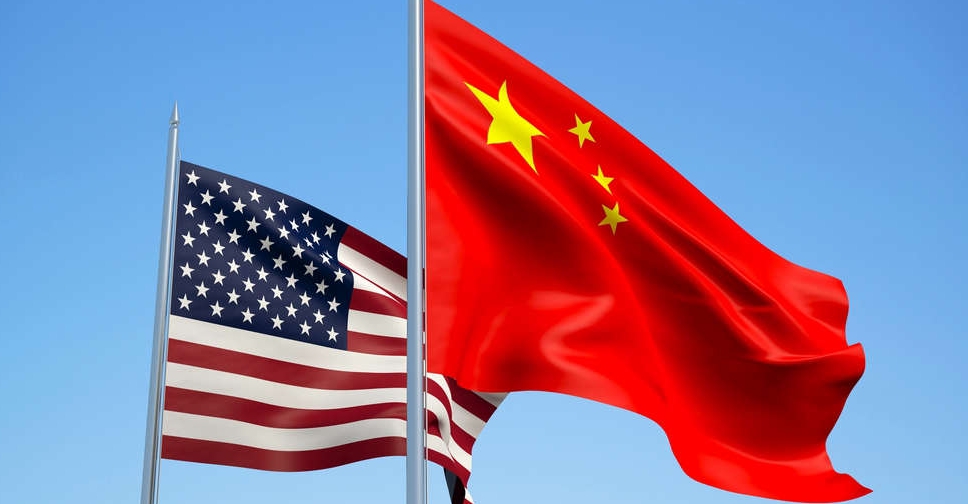
Chinese tech giants including Huawei and Baidu are stockpiling high bandwidth memory (HBM) semiconductors from Samsung Electronics in anticipation of US curbs on exports of the chips to China.
The companies have ramped up their buying of the artificial intelligence (AI) capable semiconductors since early this year, helping China account for about 30 per cent of Samsung's HBM chip revenue in the first half of 2024, one of three sources said.
US authorities are planning to unveil an export control package this month that will impose new restrictions on shipments for China’s semiconductor industry, Reuters reported last week.
Those sources also said the package is expected to lay out parameters for restricting high bandwidth memory chip access. The US Department of Commerce declined to comment but had said in a statement last week that it is continually assessing the evolving threat environment and updating export controls "to protect US national security and safeguard our technological ecosystem."
Reuters was unable to determine the details of the proposed HBM restrictions and how they would impact China.
The moves show how China is gearing up to keep its technology ambitions on track amid rising trade tensions with the US and other western nations. They also show how the tensions are impacting the global semiconductor supply chain.
HBM chips are crucial components in developing advanced processors such as Nvidia's graphics processing units that can be used for generative AI work.
There are only three major chipmakers producing HBM chips - SK Hynix 000660.KS and Samsung from South Korea, and US-based Micron Technology MU.O.
Chinese chip demand has been largely focused on the HBM2E model, which is two generations behind the most advanced version HBM3E, said the sources who are familiar with China's interest in HBM. The global AI boom has led to a tightness in supply of the advanced model.

 Nasdaq set to confirm bear market as Trump tariffs trigger recession fears
Nasdaq set to confirm bear market as Trump tariffs trigger recession fears
 Dana Gas and Crescent Petroleum exceed 500M boe in Khor Mor field
Dana Gas and Crescent Petroleum exceed 500M boe in Khor Mor field
 China to impose tariffs of 34% on all US goods
China to impose tariffs of 34% on all US goods
 Shares bruised, dollar crumbles as Trump tariffs stir recession fears
Shares bruised, dollar crumbles as Trump tariffs stir recession fears
 Wall Street futures sink as tariffs fuel recession fears
Wall Street futures sink as tariffs fuel recession fears




